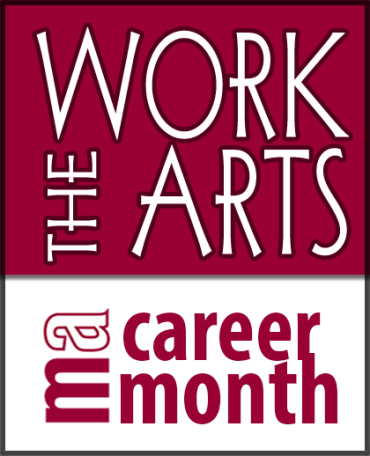Best of Ask Edna: Some FAQs About Artist Management
By Edna Landau
June 29, 2017
 One of the seminars I have led most often in recent years
One of the seminars I have led most often in recent years  is entitled “A Backstage View of Artist Management.” Here are some of the questions I am most frequently asked:
is entitled “A Backstage View of Artist Management.” Here are some of the questions I am most frequently asked:
How will I know when I am ready for management?
The hardest thing about this question is that in order for an artist to accept the answer, they must be able to view themselves as a “commodity”. Artist managements are businesses and they must believe that the artists they add to their rosters are marketable. There must be enough things going on for an artist to help them craft a convincing sales pitch about them. Their talent and ability are fundamental, but they are hard to quantify to others without some public manifestation of the artist’s potential success with audiences, as well as at the box office. This might consist of a collection of impressive reviews, significant awards or competition wins, one or more distinctive recordings, a concert series or festival created by the artist, or programming that is compelling and perhaps coordinated with presentations in unusual venues. If an artist can’t make a convincing case for why they might be an advantageous addition to a management’s roster, they really can’t expect a management to be receptive to a direct approach or one made on their behalf.
If a management is interested in me, should I grant them worldwide representation?
Most managements will try to obtain worldwide representation of a client if they can. In my opinion, an artist just starting out in their career should be cautious about granting a manager worldwide representation, unless the manager has demonstrated success in dealing directly with presenters in significant markets other than the one in which they are based. If a young artist based in North America wins a competition in Germany and is offered good representation there, chances are that the German manager will be able to better capitalize on the artist’s success through their well- established contacts than the artist’s manager in North America. For this reason, I recommend that a young artist carefully research the scope of a management’s influence. They might want to only agree to exclusivity in the home territory, while allowing for the manager to bring offers to them outside the home territory as they may arise. It would be wise for there to be a provision in the contract that would allow for the artist to be represented in the future by other managers in other territories, with the initial manager playing a worldwide coordination role (general management) and earning extra commission for their services.
How often should I be in touch with my manager?
The answer to this will depend on how far along you are in your career. A well-established artist may be in touch with their manager multiple times in a single day. A young artist who is beginning a managerial relationship should spend a great deal of time at the outset providing the manager with all the promotional material, past performance history, repertoire and programs that they might need to aid in their sales efforts. If the manager is open to it (and they should be), it is worthwhile to create a list of presenters that might reasonably be targeted in the first year or two, especially presenters for whom the artist has successfully performed in the past. That could form the basis for future strategy discussions and evaluations of progress. Calls from an artist to a manager should be for a purpose, not to in effect ask “what have you done for me lately?”. That should be reserved for in person meetings, perhaps three or four times a year. Artists should always be in touch with their managers to share any new developments or potential booking leads, based on people they have met. They should be aware that managers are often reluctant to share information about potential engagements until they are totally confirmed. The absence of regular calls from a manager should not necessarily be an indication that they aren’t working on the artist’s behalf.
Is it better to be with a bigger or a smaller management?
This is a very tough question to answer in the abstract. A bigger management may have greater resources to apply towards managing your career, such as traveling for sales purposes or attending some of your performances. (A smaller management might bill these expenses, or a portion of them, back to you.) A bigger management may have a greater number of established contacts with presenters and a higher level of influence with those presenters if they have a roster of artists who are greatly in demand. They might also be more likely to hear of cancellations than some of the smaller agencies. At the same time, unless they are adequately staffed, it may be challenging for them to give you the level of attention you might get at a smaller agency. What is fundamental in making a management decision is the quality of the relationship that you hope to achieve. A manager with a small agency who “gets” what you’re about and seems passionate about working with you may achieve greater success than someone from a larger company. Before making any decision, examine the schedules of some artists who are represented by the particular agency and try to speak to a few of them, if at all possible. It might be equally enlightening to ask any presenters who you know if they have had experience dealing with the particular manager and whether they like doing business with them. So much of what happens in an artist’s career is based on the relationships that they and their representatives build with others.
Edna Landau has dedicated over 30 years of her life to the field of artist management. She was a Director of IMG Artists from its founding in 1984 until her departure from the company in October of 2007. Her global vision, passion for the arts and uncompromising work ethic played a major role in launching this unique company, which is now the only truly international performing arts management company in the world. Ms. Landau is frequently invited to lecture at college and conservatory campuses and to meet with students in career training programs.
Copyright © 2025, Musical America